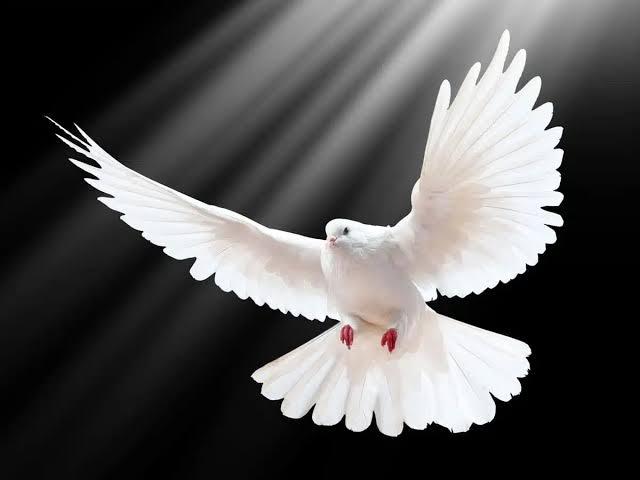She wakes me with a hand that knows only giving, her voice a low hum in the dark: a mother cannot afford to rest.
This is my inheritance, not land, not gold, not money but the weight of her wakefulness.
In the half-light, she is a monument bending at the sink.
I pull on yesterday’s jeans, the hem frayed ones, a map of all she has mended.
For breakfast, we have the heat of her will, the unbreakable line of her spine.
We grew up drinking from a well of her struggle,
tasting the minerals of a pain we were too young to name.
Close, but not too close, a mourning dove coos
from the hollow of our lemon tree. Feathers
the color of smoke. Eyes like still water.
Are you calling for someone you’ve lost? I ask the air.
Do you carry a memory too heavy for flight?
The light touches its feathers, fragile as a promise you can’t keep.
The dove did not answer.
It never does.
Its song is not a question, but an answer
we are too afraid to understand.
Three days ago, my mother braided
baskets from split cane, her fingers cracked but sure.
Her voice wove through the room like a song,
holding us where she could not.
She tells my sisters: They fear the blood that shows, but the true flood is the one they cannot see, the silent wingbeat of a will that will not break. Let your pain become a dove, not a wound. Let it leave your hands. Let it change the air.
And to me, she says: You, my son
your belt is not for your back, but for your spine.
Let it teach you how to stand,
not how to kneel. The true strength is not the strike,
but the silence that holds up the sky after the storm.
And the baskets, she left them by the door, silent and deep,
each one a vessel for a sorrow she would never name.
Their emptiness was heavier than any burden.
They were woven not to hold what we have,
but to outline what we lack.
Now, as she ties her scarf,
I watch her the way you watch
a star that has already burned out,
knowing its light is all
that holds you to the sky.
Even her scars arrange themselves into something holy,
suffering translated into a dialect of grace.
She knots the string around her waist,
the same way she binds this family to a hope that has no name.
Ready, she says, and hands the baskets over.
Inside: yams, maize, bitter leaves,
whole, and a love that never announces itself but is always there.
It is the grammar of hunger.
The mathematics of how much a soul can carry
before it begins to love the ache.
Meme, beneath this patchwork sky,
you taught us to braid words into strength. I still speak them.
You shade tears so we may never have to, irrigating our souls with rivers we will never fully cross.
Meme, you are not gold. Gold is passive, and buried.
You are the fire that smelts it.
You are the uncorrupted element that walked out of the furnace
and taught the rest of us the meaning of light.
I am your living revolution.
This world will learn your name through mine.
By Johannes Shikongo
*In Namibia, meme is the word for mother, used both as an affectionate term for one’s biological mother and as a respectful form of address for an older woman within the community, embodying not only the role of a caregiver but also the cultural weight of maternal authority, respect, and reverence
This post was created with our nice and easy submission form. Create your post!








